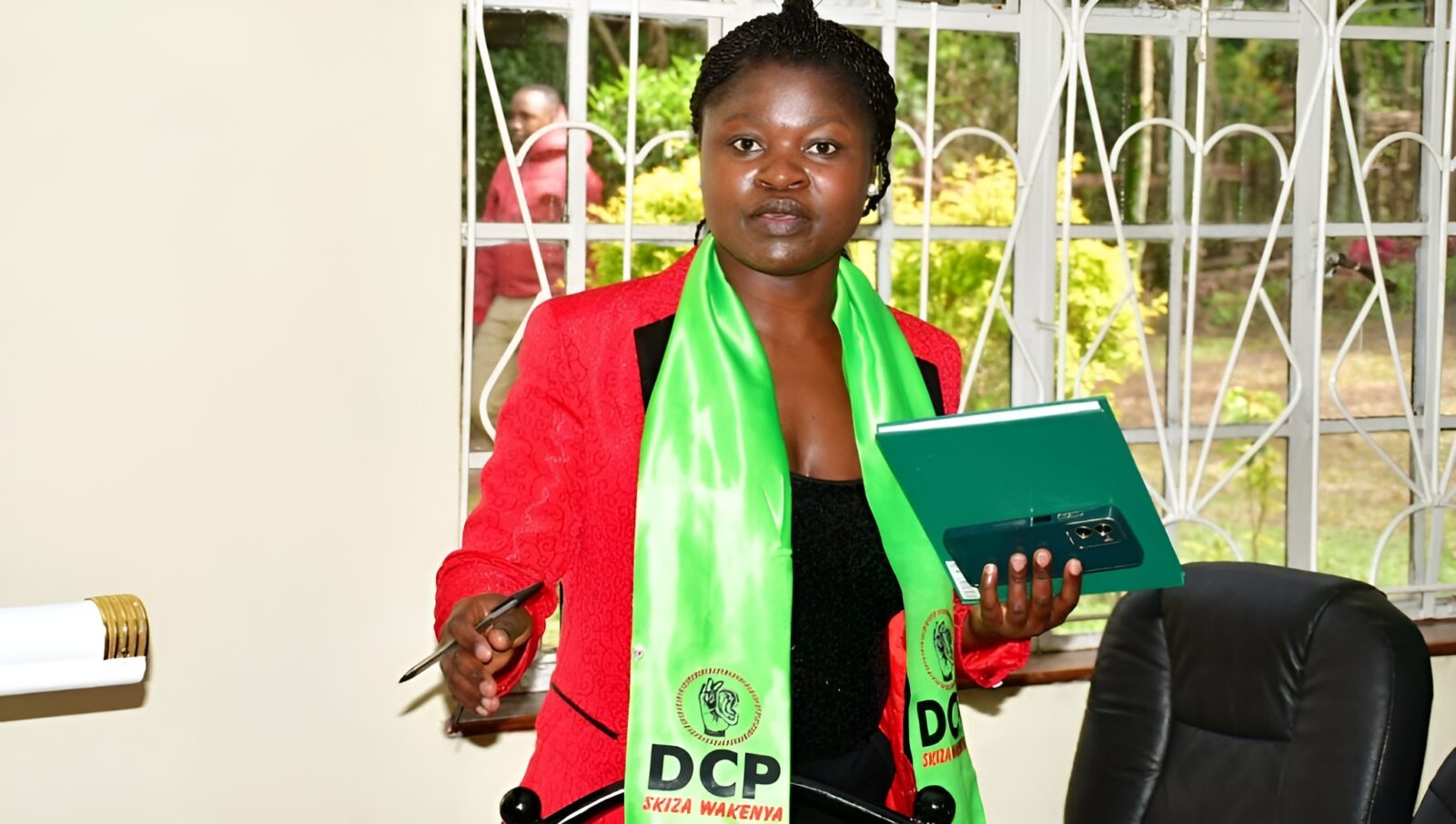The Higher Education Loans Board (HELB) is now seeking access to data from the Kenya Revenue Authority (KRA) and the National Transport and Safety Authority (NTSA) in a renewed push to track down loan defaulters.
This move comes in the wake of a significant funding gap, with HELB disclosing that it has only received Ksh 26 billion out of the expected Ksh 48 billion needed to support higher education financing in the current cycle, leaving a shortfall of Ksh 22 billion.
According to HELB, some of the loan beneficiaries are living well beyond the financial difficulties they claim, with the agency revealing that certain defaulters have gone as far as purchasing vehicles while failing to repay their student loans.
“There are individuals who have acquired cars and are living comfortably, yet they are still not servicing their loans,” HELB noted, underlining the need for inter-agency data sharing to enforce loan recovery.
By accessing KRA tax records and NTSA vehicle registration data, HELB hopes to identify those who have the means to repay their loans but have deliberately chosen not to.
The agency believes this will help bridge the current funding gap and ensure that future students are not locked out of opportunities due to financial constraints.
HELB has long struggled with loan recovery, with thousands of former students defaulting, many citing unemployment and financial hardship.
However, the agency insists that those who can pay must be held accountable, especially at a time when demand for student financing continues to rise.
On the other hand, the board is counting losses after writing off Ksh 347 million after discovering that 2,605 of the loan defaulters died, leading to the cancellation of their loan balances under the Student Self-Protection Scheme.
As the government moves towards a new funding model for higher education, HELB’s latest strategy signals a tougher stance on defaulters and a shift towards data-driven enforcement to protect the sustainability of the fund.


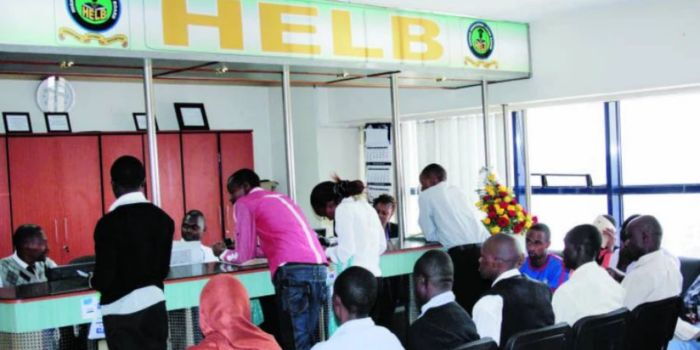
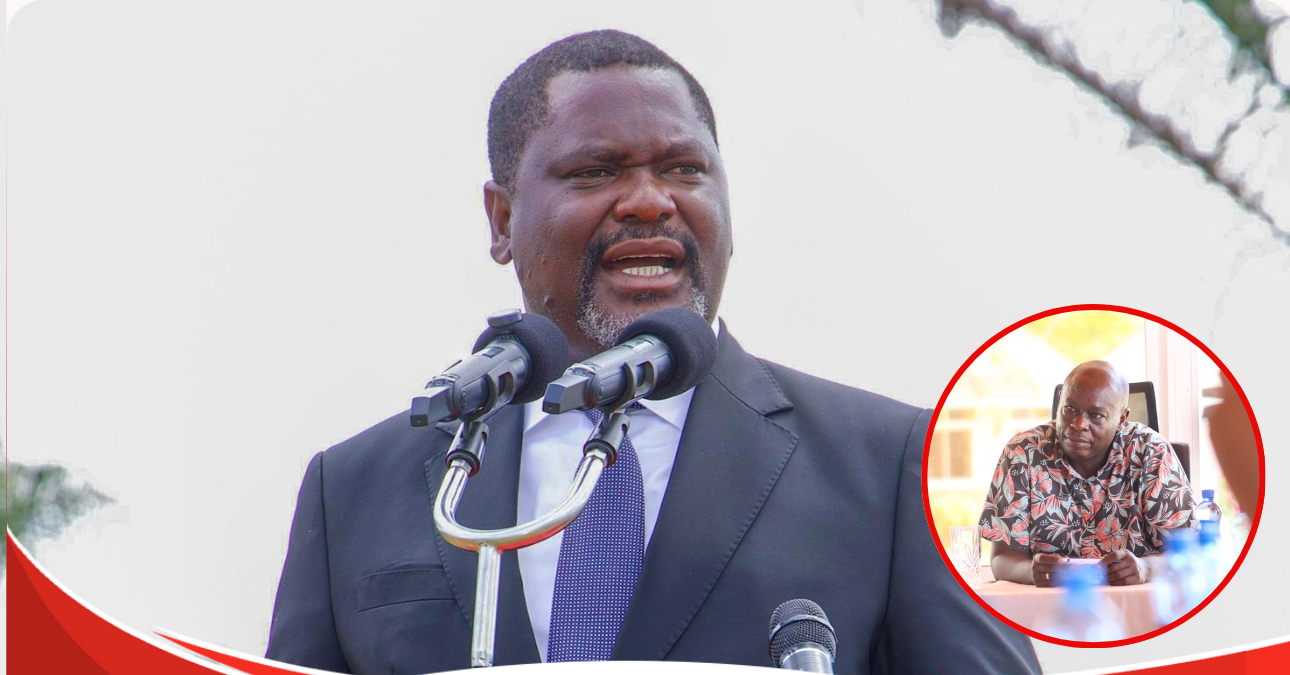
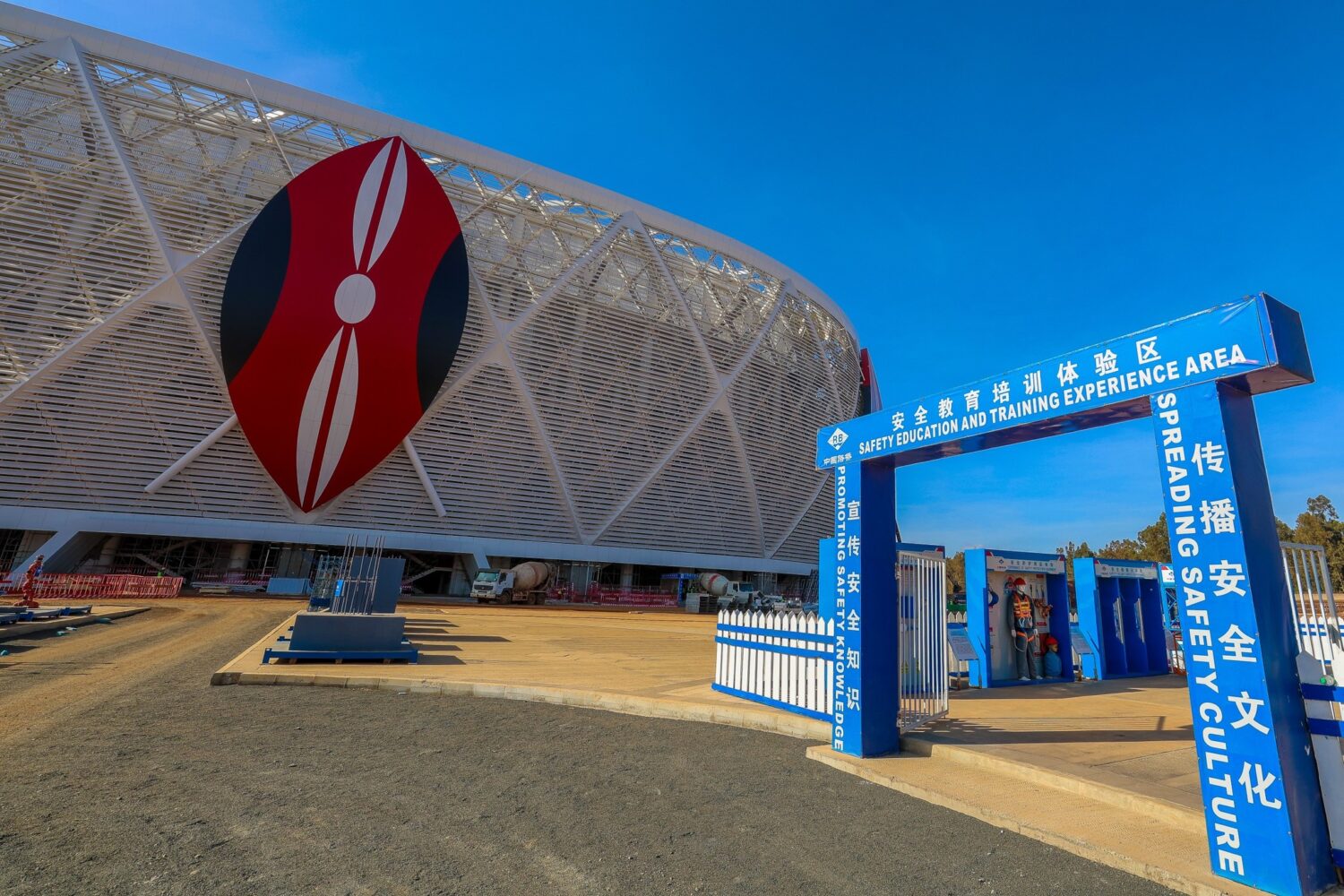

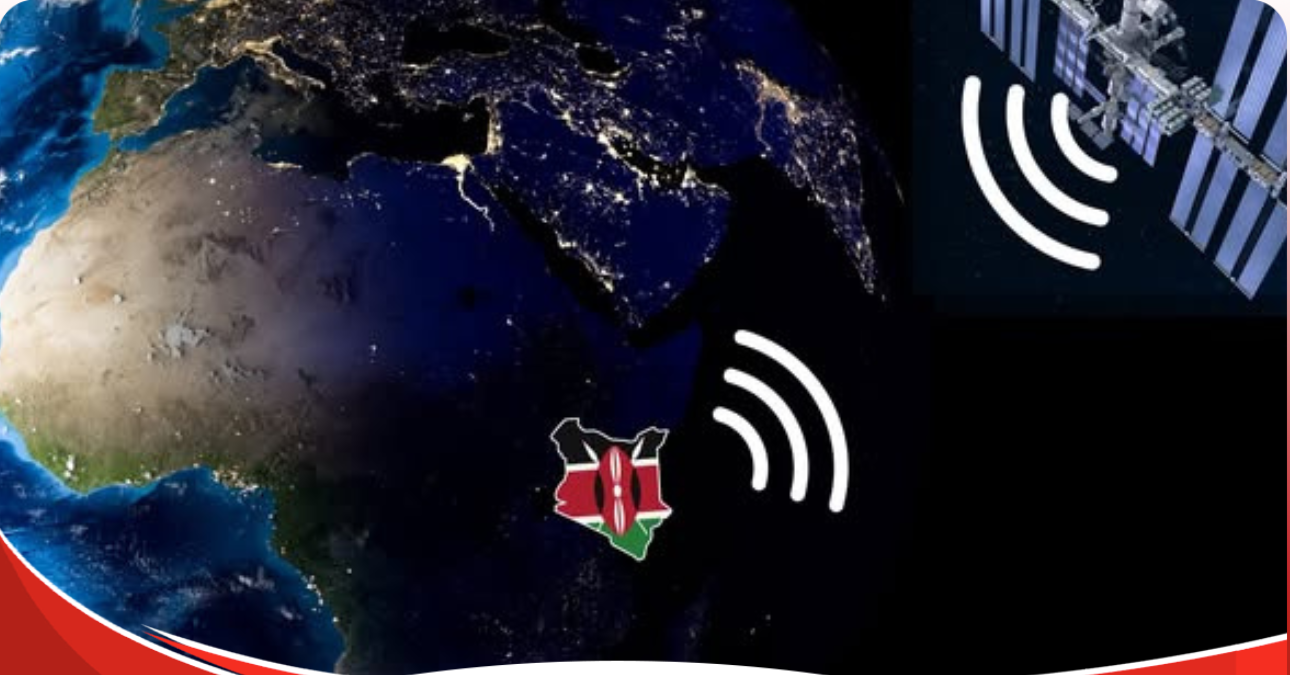
![Mombasa family’s distress: KSh 6 million medical bill leaves them stranded in India [VIDEO]](https://www.tv47.digital/wp-content/uploads/2026/01/abete-Open-Set-For-This-Weekend-as-More-Golfers-Eye-NCBA-Golf-Series-Grand-Finale-Spots-at-Windsor-2.png)
